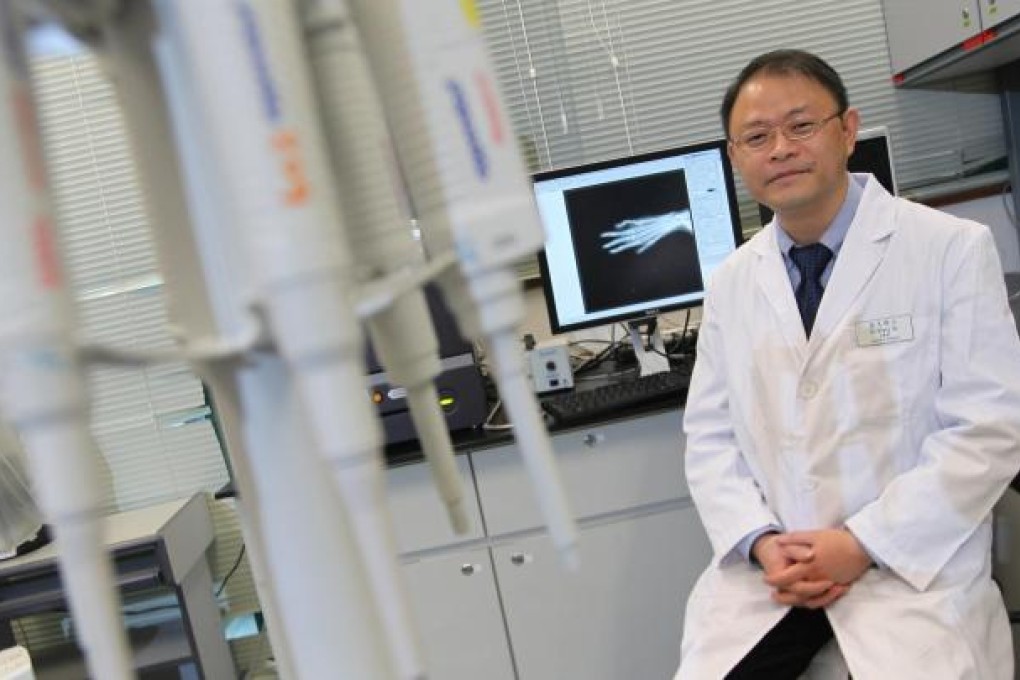
Osteoporosis, the disease that weakens bones to the point of fragility and possible fracture, has long been known to be an irreversible condition. But a new study by researchers from institutes in China and Hong Kong provides hope that the debilitating disease could one day be remedied.
The multidisciplinary team of 30 scientists, including those from Hong Kong Baptist University (HKBU) and the China Astronaut Research and Training Centre in Beijing, has identified a type of gene-regulating molecule that acts as a key barrier to bone formation in skeletal disorders.
Further, this molecule could potentially be derived from herbal plants. Published in last month, the study suggests that therapeutic inhibition of the molecule, called miR-214, may promote bone formation and therefore may reverse osteoporosis. The molecule is a type of microRNA, a small molecule of ribonucleic acid (RNA), which is similar to deoxyribonucleic acid (DNA), the genetic material of a cell.
Scientists estimate that 500 to 1,000 microRNAs exist in the human genome. MicroRNAs play a crucial role in regulating genes, most typically by attaching to a piece of messenger RNA and blocking it from being translated into a protein.
The miR-214 molecule has previously been shown to play a role in cancer tumour progression and metastasis, but this study is the first to report its role in the regulation of bone formation.
Led by Dr Zhang Ge, an Associate Professor at the Institute for Advancing Translational Medicine in Bone & Joint Diseases at HKBU, the research team found that elevated miR-214 levels was linked with a lower degree of bone formation in bone specimens from aged patients with fractures. The team also further defined the role of miR-214 by its capacity to mediate or alter an important protein in bone formation, called ATF4.
